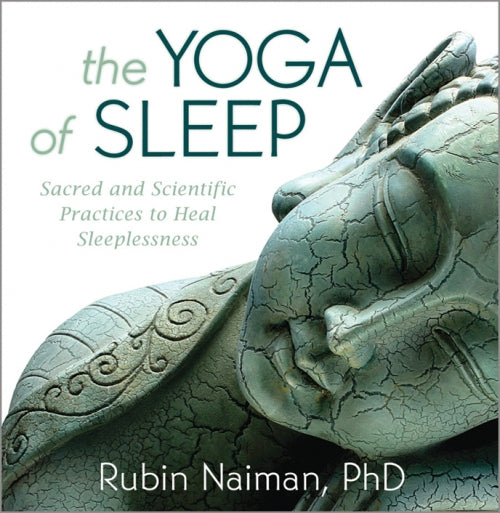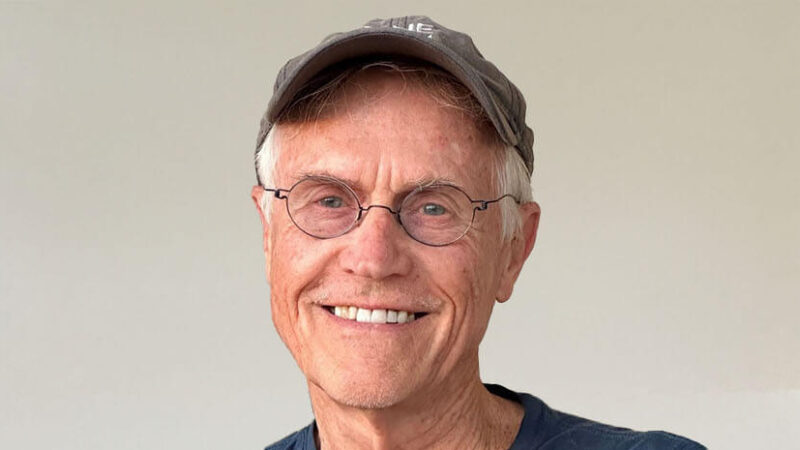Rubin Naiman: Falling in Love with Sleep
Tami Simon speaks with Dr. Rubin Naiman, an internationally recognized leader in integrative sleep and dream medicine. Dr. Naiman serves as the sleep specialist at the University of Arizona’s Center for Integrative Medicine, directed by Dr. Andrew Weil. With Sounds True, he has produced the audio programs Healthy Sleep (with Dr. Weil) and The Yoga of Sleep, as well as the online course Ask the Sleep Doctor. In this rebroadcast of one of the most popular Insights at the Edge interviews, Tami speaks with Dr. Naiman about how hyperarousal interferes with healthy sleep, the power of weaning ourselves off the alarm clock, and how we can embrace the deeper dimensions of sleep and dreams. (58 minutes)









